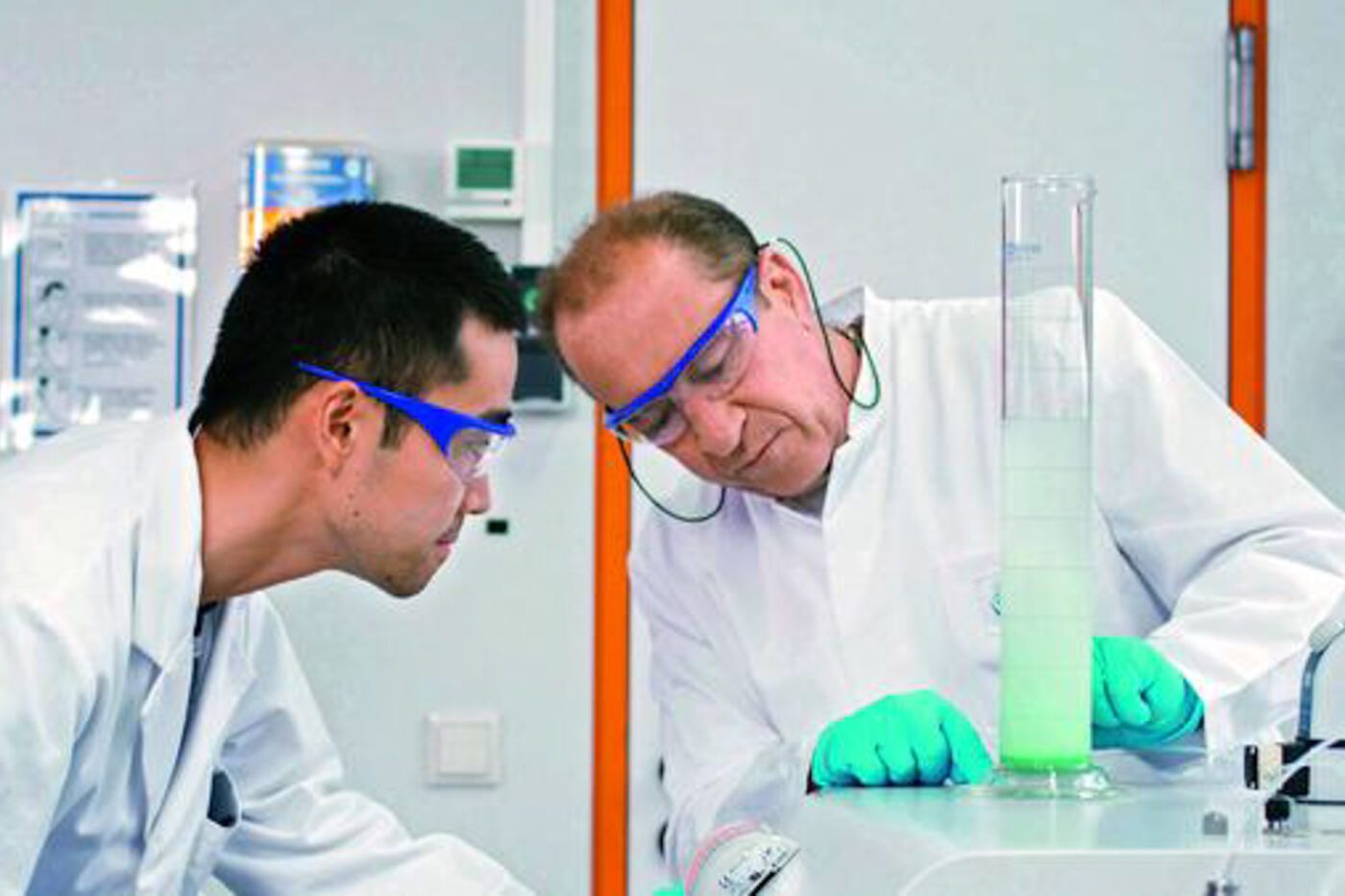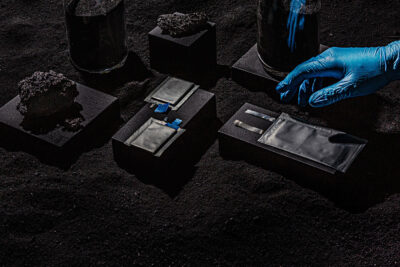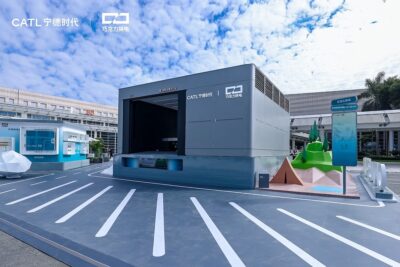ZSW & partners announce sodium-ion battery research project
The batteries are to be tailored to electric vehicles in urban traffic and stationary battery storage systems, according to the ZSW. The Federal Ministry of Education and Research (BMBF) is funding the project with 1.35 million euros over a period of three years. As the ZSW published the announcement on January 30, it can be assumed that funding for the project has been secured by the Federal Ministry. As is well known, the government radically slashed funding for battery research in the budget for 2024, but in the end, rowed back slightly.
The project focuses on the development and optimal coordination of anodes, cathodes and electrolytes in order to create a high-performance, cost-effective and environmentally friendly sodium-ion battery. The main objective is to present a high-performance cell in pouch format that achieves a specific energy of over 200 watt hours per kilogram.
That would probably be enough of a challenge for the ‘4NiB’ project, as one of the main components of today’s batteries, lithium, is to be replaced by sodium. However, the project consortium wants to go one step further and also use biowaste in the battery cells. “By dispensing with expensive copper foils in the battery and replacing the graphite used today in lithium-ion batteries with alternative carbon compounds that can be obtained from renewable raw materials, not only can costs be reduced, but sustainability can also be further improved,” the press release states.
The anode, which today usually consists of a copper foil coated with graphite, is instead to be produced on the basis of hard coal from organic waste, “using primary products that are abundantly available in Germany”. On the cathode side, the focus is on the development of high-voltage cathodes with four volts. The focus here is on the development of safe, high-voltage-stable mixed phosphates made from polyanions. “Simulations are used to determine the optimum composition of the transition metals used in order to maximize the stored energy,” explains the ZSW.
The electrolyte will be a non-aqueous liquid to which a so-called ionic liquid can be added to increase conductivity and safety. Strategies for pre-charging (pre-sodding) such batteries are also to be developed in order to maximize the energy in the battery.
In addition to the ZSW in Ulm, the Helmholtz Institute Ulm-Karlsruhe with the Institute of Technology (HIU-KIT) and the Forschungszentrum Jülich GmbH with the Institute of Energy and Climate Research are part of the 4NIB consortium. A further partner is the Albert Ludwigs University of Freiburg with the Freiburg Materials Research Center (FMF).
zsw-bw.de (in German)





0 Comments